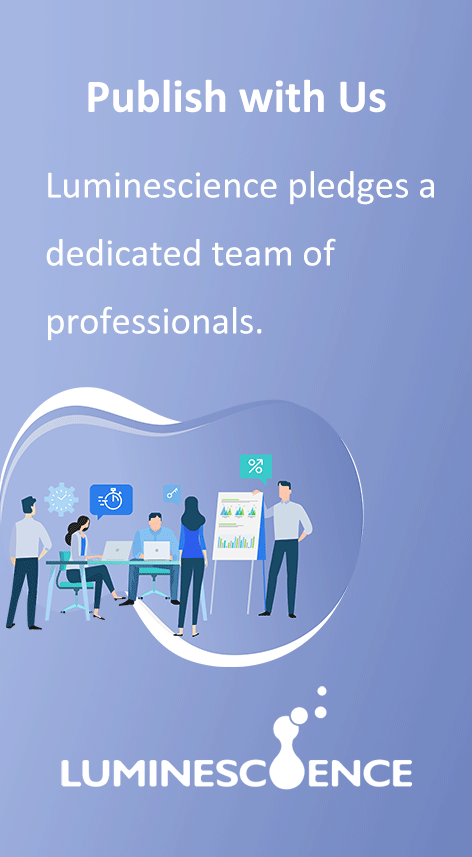Correspondence: eominde@kabianga.ac.ke
DOI: https://doi.org/10.55976/dt.4202513231-9
Show More
[1]Beck, A. T. Cognitive Therapy and the Emotional Disorders. New York: Penguin; 2011.
[2]Brickhouse, T. C., & Smith, N. D. The Philosophy of Socrates. New York: Routledge; 2018.
[3]Plato. Complete Works (J. M. Cooper, Ed.). London: Hackett Publishing; 1997.
[4]Benson, H. H. Clitophon's Challenge: Dialectic in Plato's Meno, Phaedo, and Republic. London: Oxford University Press; 2015.
[5]Vlastos, G. Socratic Studies. London: Cambridge University Press; 1991.
[6]Neenan, M. Cognitive Behavioural Therapy: 100 Key Points and Techniques. New York: Routledge; 2018.
[7]Carey, T. A., & Mullan, R. J. What is Socratic questioning? Psychotherapy: Theory, Research, Practice, Training. 41(3), 217–226. 2004;41(3):217-226. doi: 10.1037/0033-3204.41.3.217
[8]Hawthorne, J. Thought Experiments in Philosophy: A Guide. London: Cambridge University Press; 2021.
[9]Linehan, M. M. Cognitive-Behavioral Treatment of Borderline Personality Disorder. New York: Guilford Press; 2018.
[10]Neacsiu, A. D., Ward-Ciesielski, E. F., & Linehan, M. M. Emerging approaches to managing emotion dysregulation in self-injury. Current Psychiatry Reports. 2020;22(8):43. doi: 10.1007/s11920-020-01156-2.
[11]Crowell, S. E., Beauchaine, T. P., & Linehan, M. M. A biosocial developmental model of borderline personality: Elaborations and extensions. Development and Psychopathology. 2019;21(4):1273-1294. doi: 10.1017/S0954579409990198
[12]Kabat-Zinn, J. The Healing Power of Mindfulness. New York: Hachette Books; 2018.
[13]Bennett-Levy, J., & Finlay-Jones, A. The role of personal practice in therapist skill development: A model to guide therapists, educators, supervisors, and researchers. Cognitive and Behavioral Practice. 2018;25(4):365-378. doi: 10.1016/j.cbpra.2018.06.004
[14]Bordin, E. S. The working alliance: Theory, research, and practice. Psychotherapy. 2018;75(1):252-258. doi: 10.1037/pst0000172.
[15]Miller, W. R., & Rollnick, S. Motivational Interviewing: Helping People Change (3rd ed.). New York: Guilford Press; 2018.
[16]Horvath, A. O., Del Re, A. C., Flückiger, C., & Symonds, D. (2018). Alliance in individual psychotherapy. Psychotherapy. 55(1), 42–51. 2018;55(1):45-51. doi: 10.1037/pst0000172
[17]Fallot, R. D., & Harris, M. Creating cultures of trauma-informed care (CCTIC): A self-assessment and planning protocol. New York: Community Connections; 2018.
[18]Leahy, R. L. (2019). Cognitive Therapy Techniques: A Practitioner's Guide. New York: Guilford Press; 2019.
[19]Duncan, B. L., Miller, S. D., Wampold, B. E., & Hubble, M. A. The Heart and Soul of Change: Delivering What Works in Therapy. New York: American Psychological Association; 2019.
[20]Wong, Y. J., Ho, M. R., Wang, S. Y., & Miller, I. S. Masculinity and help-seeking in men: A critical examination of the research. Psychology of Men & Masculinity. 2019;20(3):423-431. doi: 10.1037/men0000206
[21]Morgan, A. What Is Narrative Therapy? The Dulwich Centre. 2020
[22]Yalom, I. D., & Leszcz, M. The Theory and Practice of Group Psychotherapy. New York: Basic Books; 2020.
[23]Smith, L. Clarifying Concepts in Analytic Philosophy. New York: Wiley; 2021.
[24]Johnson, R. Logic and Analysis in Philosophy: A Comprehensive Overview. New York: Routledge.; 2023.
[25]Wittgenstein, L. Philosophical Investigations. Oxford: Blackwell Publishing; 2020.
[26]Brown, A. (2022). Philosophical Problems: An Analytical Approach. Oxford: Oxford University Press; 2022.
[27]Roberts, K., & Smith, T. Cognitive Science and Philosophy: Interdisciplinary Insights. Cambridge: MIT Press; 2023.
[28]Maranhão T. Therapeutic Discourse and Socratic Dialogue. Cambridge: Cambridge University Press; 2016.
Copyright © 2025 Ominde Eliud

This work is licensed under a Creative Commons Attribution 4.0 International License.
Copyright licenses detail the rights for publication, distribution, and use of research. Open Access articles published by Luminescience do not require transfer of copyright, as the copyright remains with the author. In opting for open access, the author(s) should agree to publish the article under the CC BY license (Creative Commons Attribution 4.0 International License). The CC BY license allows for maximum dissemination and re-use of open access materials and is preferred by many research funding bodies. Under this license, users are free to share (copy, distribute and transmit) and remix (adapt) the contribution, including for commercial purposes, providing they attribute the contribution in the manner specified by the author or licensor.


Luminescience press is based in Hong Kong with offices in Wuhan, China.
E-mail: publisher@luminescience.cn